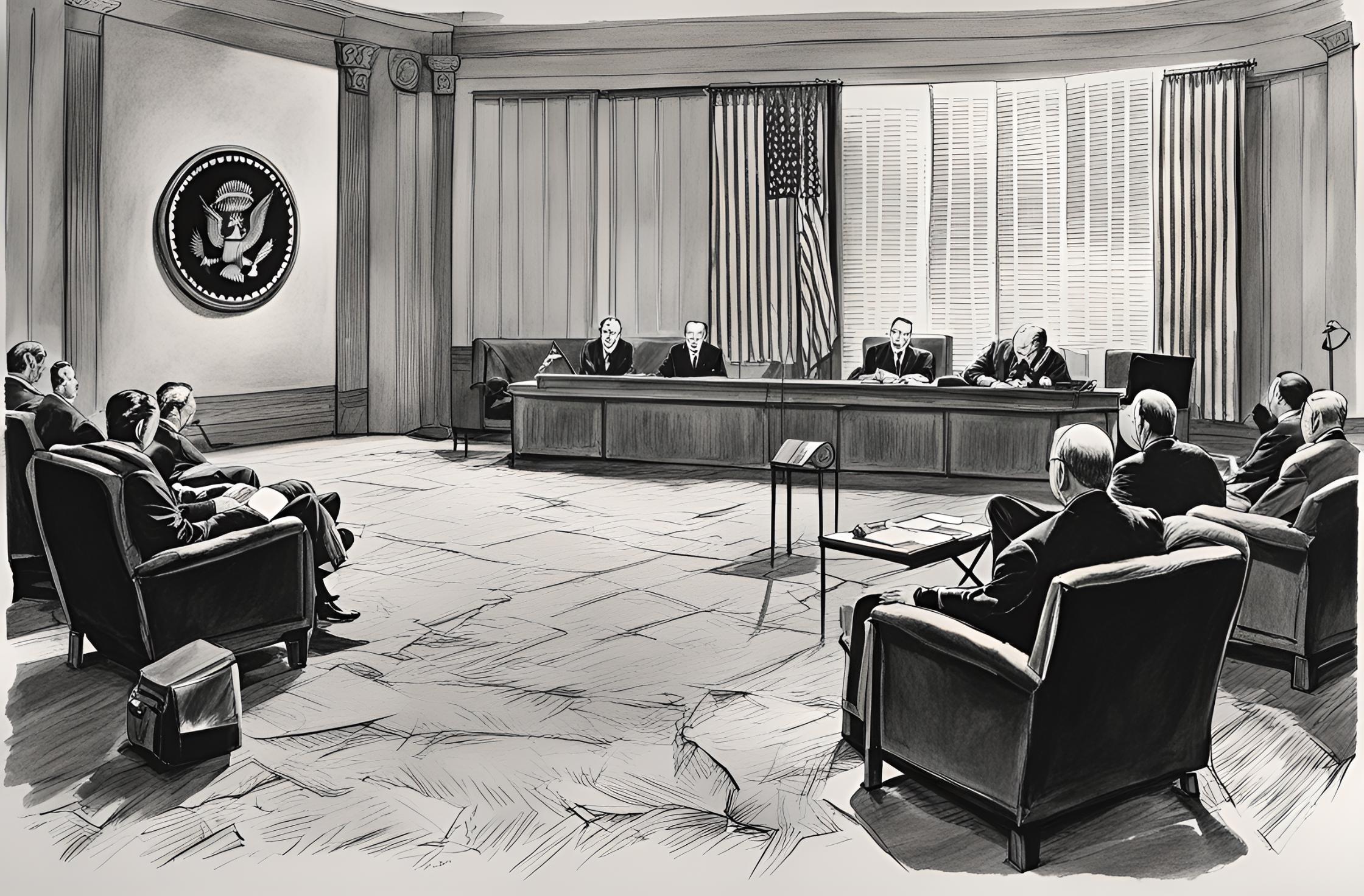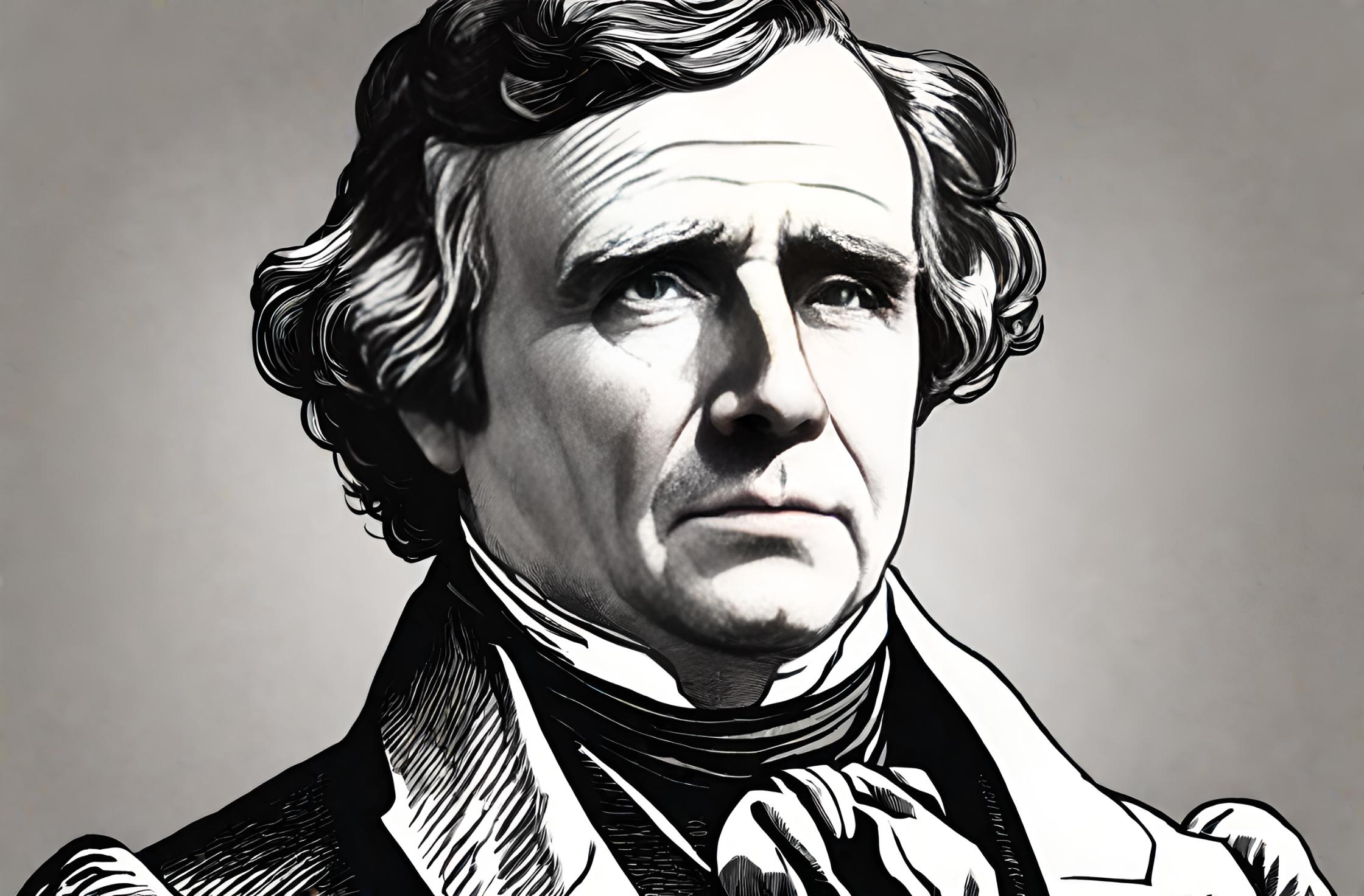Flashback to July 14
American History

1945
US President Harry Truman announces atomic bomb secret shared with Britain and Canada
Read moreThe 20th century was marked by the World War II and the advent of the Atomic bomb, seen as a turning point in human history. One of the most significant events took place on October 8, 1945, when United States President Harry Truman publicly announced that the atomic bomb’s secret had been shared with Britain and Canada. As historic as the event was, it also shaped future international relations, military strategies, and world politics.
The atomic bomb, created during World War II under the much talked about Manhattan Project, was the development of a weapon with unprecedented destructive capability using nuclear reactions. The Manhattan Project was a highly-secretive effort in the US involving multiple research institutions and highly skilled scientists, including notable Nobel laureates.
Harry Truman, the 33rd president of the United States, played a significant role in the announcement and was indispensable to the international relations aspect of it. Whilst being vice president under Franklin Roosevelt, he was kept in the dark about the project. Only after ascending to the presidency following Franklin’s death did he learn about the ‘gadget.’ His decision to share the atomic bomb’s secret with Britain and Canada was consistent with the US policy at the time, reflecting the special relationship amongst the three countries.
The choice of Britain and Canada was a strategic decision as well. Britain had been an important ally during the war, and the bond between the two nations was stronger than ever. Besides, it is to be noted that the UK had also made its own contributions to the Manhattan project, especially in the initial stages. This transfer of information signaled a gesture of goodwill and mutual trust between the two nations.
Canada, on the other hand, had significant strategic importance due to its geographical location and enriched uranium resources. The research and development of atomic energy in Canada benefitted from the significant technical information provided by the United States. This added value to the country’s role in the war and post-war period.
There were significant implications and consequences of this secret shared amongst the three nations. It marked the beginning of an era where nuclear information sharing and collaborations started to dominate world politics. It was a clear indication of the intent to foster strengthened ties and building crucial alliances required for the post-war world.
Internationally, this led to a shift in the geopolitical landscape as nations realized the significance of nuclear power. The sharing of the atomic bomb’s secret can be seen as a strategic move, not just in terms of post-war politics, but also for the approaching Cold War era.
It’s also worth mentioning that this precedence set the stage for future debates and controversies regarding nuclear proliferation and discussions around nuclear regulation. This was a significant first step towards acknowledging and addressing the ethical aspect of the immense destructive power of nuclear weapons.
The role of technology in warfare was forever transformed by keeping the atomic bomb secret at the disposal of not one but three countries. It signified the prowess of scientific advancement, while also hinting at the catastrophic consequences it could bring.
We strive for accuracy. If you see something that doesn't look right, click here to contact us!
Sponsored Content

President Franklin Pierce opens…
On July 14, 1853,…

US Treasury begins removing…
On July 14, 1967,…

Lieutenant Colonel Oliver North…
Lieutenant Colonel Oliver North's…

Tape measure enclosed in…
On July 14, 1868,…

The central region of…
On 7/14/1954, the central…

First American national monument…
"Learn about the historic…

